Problem-Solving Skills Matching Worksheets for Ages 3-8
8 filtered results
-
From - To
Enhance your child's cognitive abilities with our "Problem-Solving Skills Matching Worksheets" for ages 3-8! These engaging and educational resources are designed to challenge young minds while providing fun activities. Our worksheets help children develop critical thinking, logical reasoning, and spatial awareness through a variety of matching exercises. With colorful illustrations and age-appropriate content, these printables make learning an exciting adventure. Perfect for both classroom and home use, our worksheets support your child's mathematical and analytical development, setting a strong foundation for future academic success. Download today and watch your child’s problem-solving skills flourish!
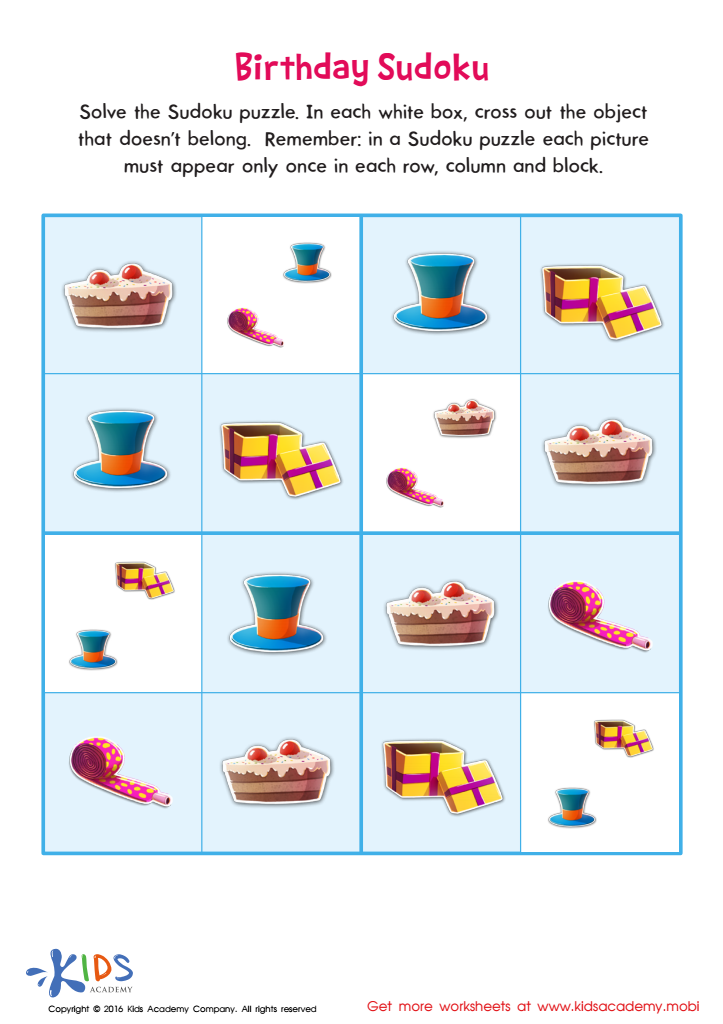

Birthday Sudoku Sorting Worksheet
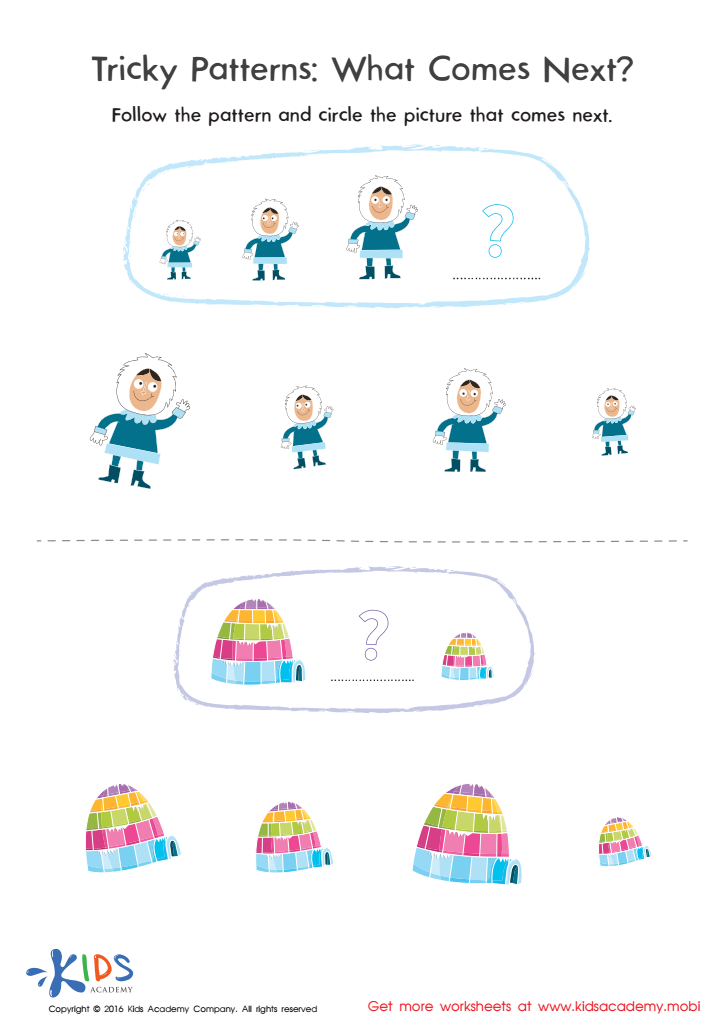

Tricky Patterns Size Worksheet


Make the Same Pattern Worksheet
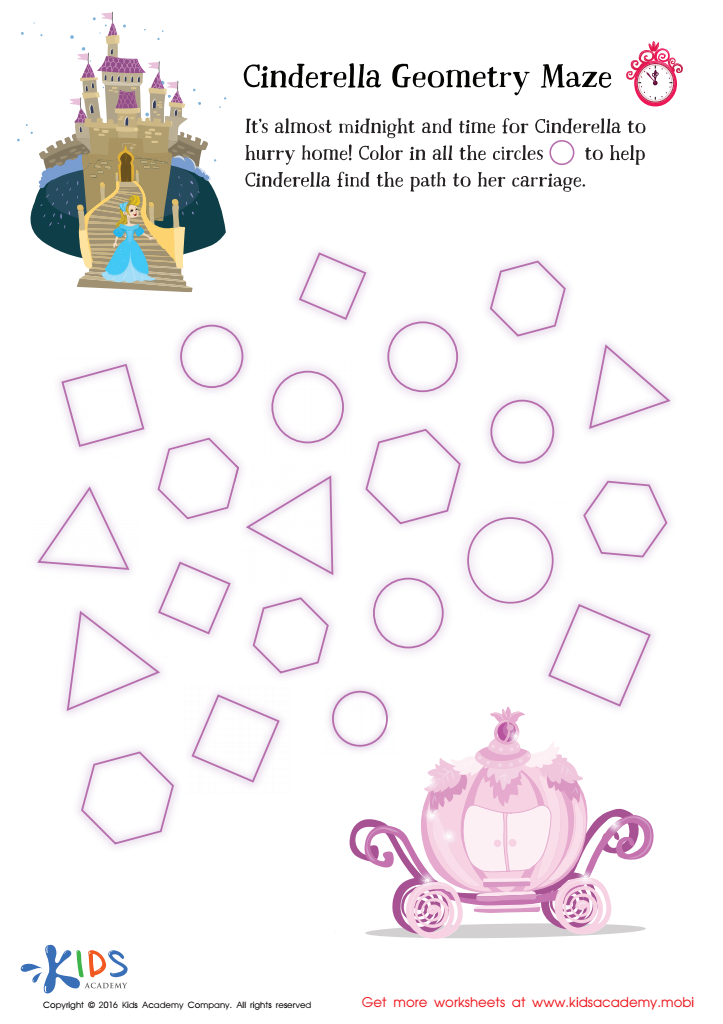

Cinderella Geometry Maze Worksheet


Logic Game Sorting Worksheet
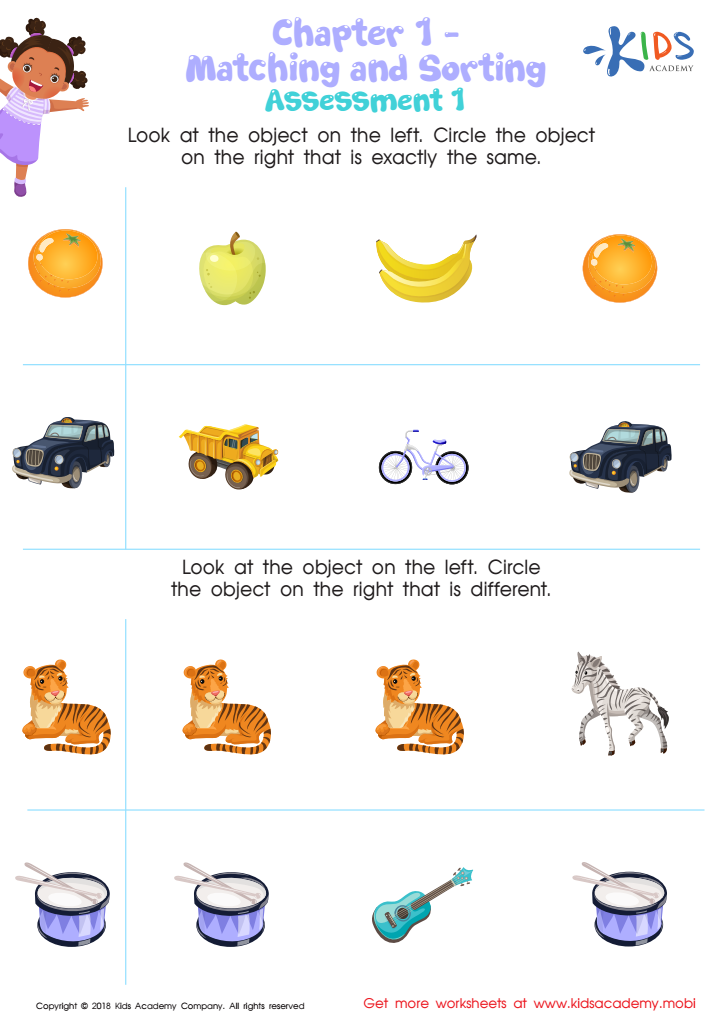

Matching and Sorting for Preschool: Assessment 1 Worksheet
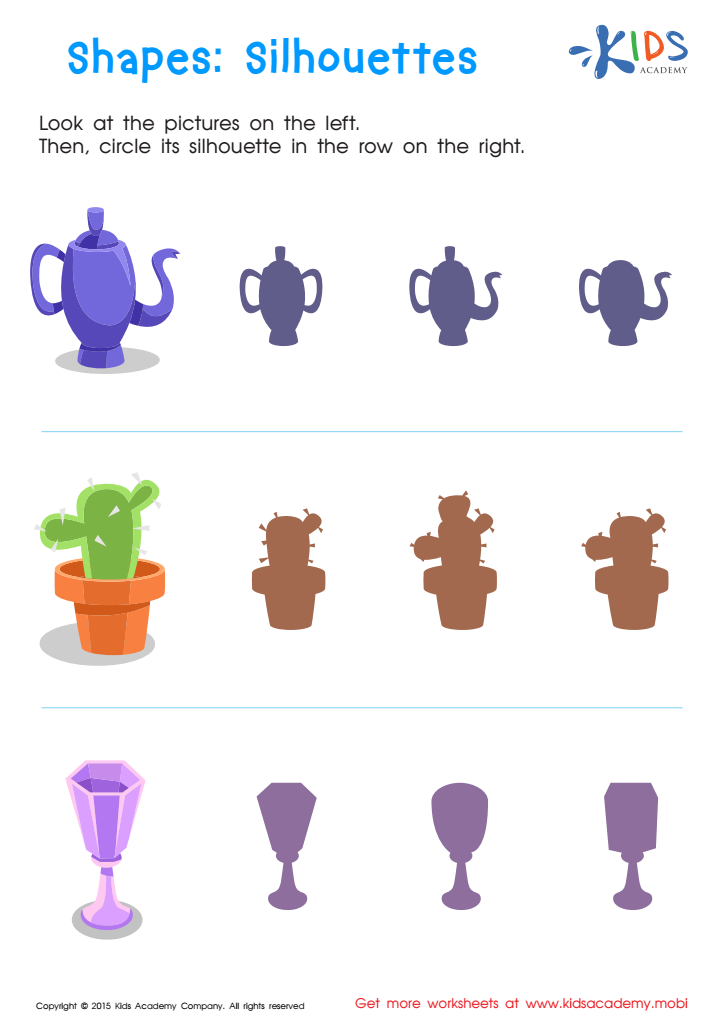

Silhouettes – Shapes Worksheet
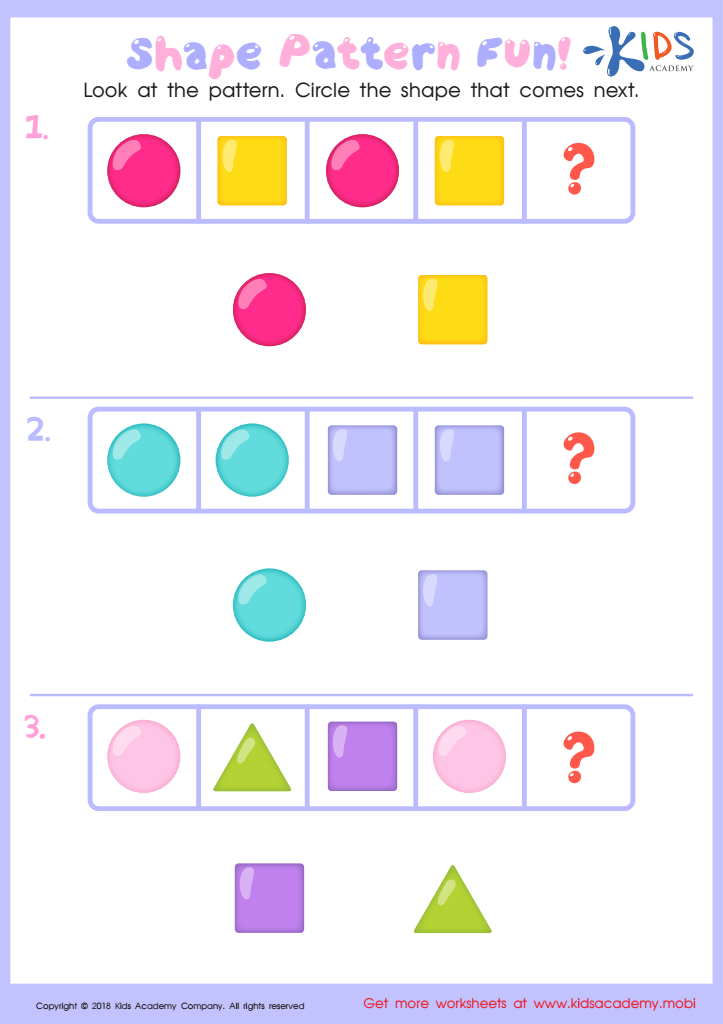

Shape Pattern Fun Worksheet
Fostering problem-solving skills in children aged 3-8 is crucial because it lays the foundation for critical thinking and lifelong learning. At this developmental stage, children are highly receptive and can form essential cognitive pathways. Parents and teachers can guide them in learning to approach challenges methodically.
When young children develop problem-solving skills, they improve their ability to reason, plan, and execute tasks. This early training instills confidence, encouraging a willingness to tackle new situations and obstacles rather than shying away. Additionally, these skills are directly linked to academic achievement. Problem-solving techniques applied in play and everyday activities enrich language, mathematical skills, and social development.
Teachers and parents practicing problem-solving matching games, like puzzles or "find the difference" activities, ensure that children learn to make connections, recognize patterns, and develop memory and concentration. Working in collaborative settings helps children learn teamwork and improves communication as they discuss possible solutions and outcomes.
Lastly, nurturing these skills enhances emotional intelligence. Children learn patience, perseverance, and resilience. They also experience the satisfaction of solving problems, which boosts self-esteem. In essence, embedding problem-solving skills at this young age is an investment in a child's cognitive and emotional toolkit, empowering their future academic pursuits and personal growth.
 Assign to My Students
Assign to My Students





















